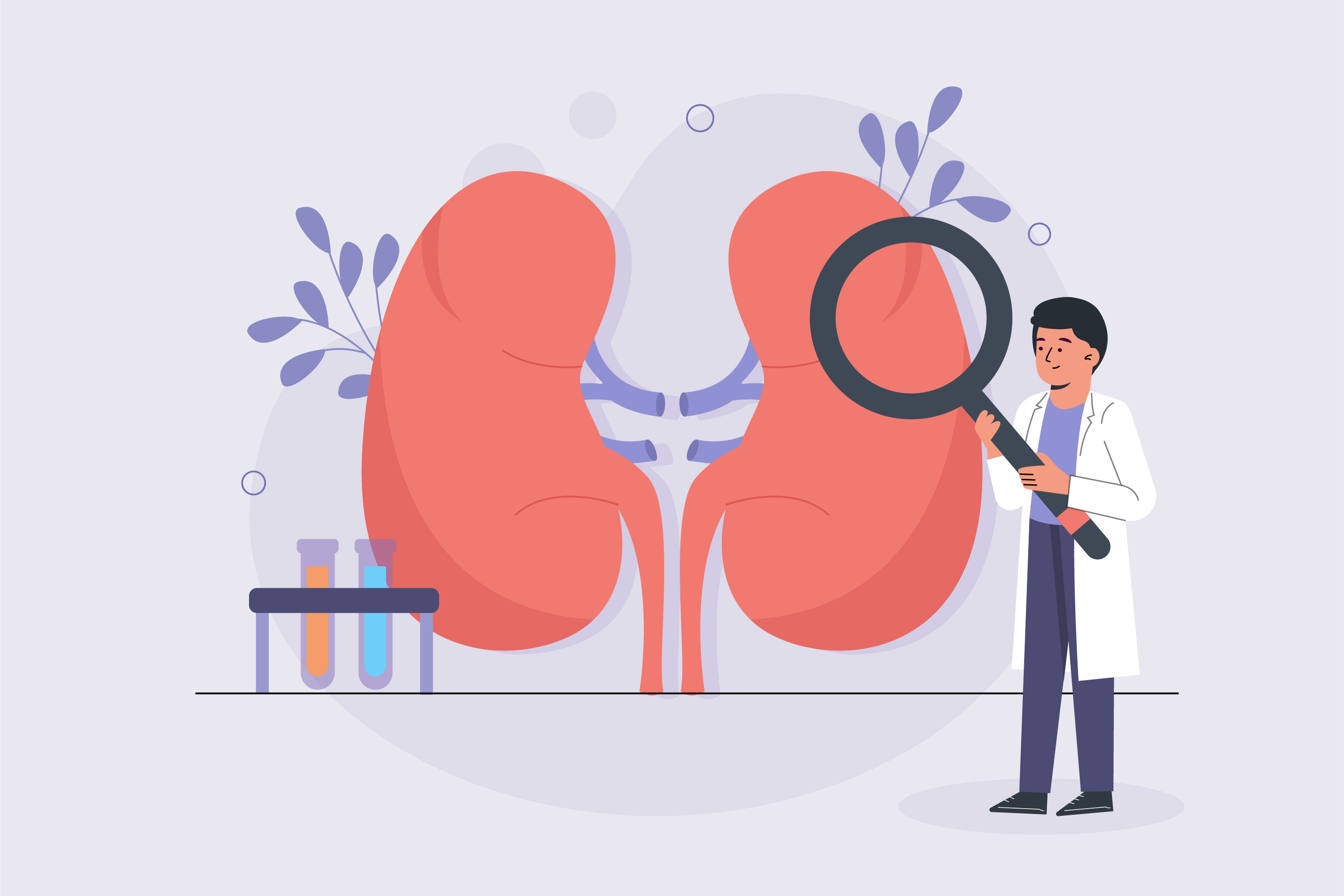
Uro-oncology
At PK Das Cancer Centre, our Department of Uro-oncology stands as a beacon of excellence in the diagnosis and treatment of cancers affecting the urinary tract and male reproductive system. We are dedicated to providing comprehensive care for a wide range of urological cancers, including bladder, kidney, prostate, testicular, and ureteral cancers. Our team of highly skilled and experienced uro-oncologists, surgeons, radiation oncologists, medical oncologists, nurses, and support staff work collaboratively to provide personalized treatment plans tailored to each individual’s needs. The types of uro-oncological cancers we treat include:
PK Das Cancer Centre: Your Partner in Battling Urological Cancers
At PK Das Cancer Centre, we focus not only on treating the cancer but also on improving the quality of life of our patients. Our team boasts highly experienced uro-oncologists with extensive training and expertise in diagnosing and treating all types of urological cancers. We utilize the latest technological advancements in imaging, robotic surgery, and radiation therapy for precision and effectiveness. Every patient receives an individualized treatment plan, and our comprehensive patient education, counseling, and support services empower you to navigate your journey with confidence. At PK Das Cancer Centre, we are committed to delivering the highest quality of care and the most advanced treatment options available for uro-oncological cancers. Our unwavering dedication to innovation, compassion, and patient well-being sets us apart as a leading provider of comprehensive uro-oncology care. We are not just treating cancer; we are changing the way it is treated.